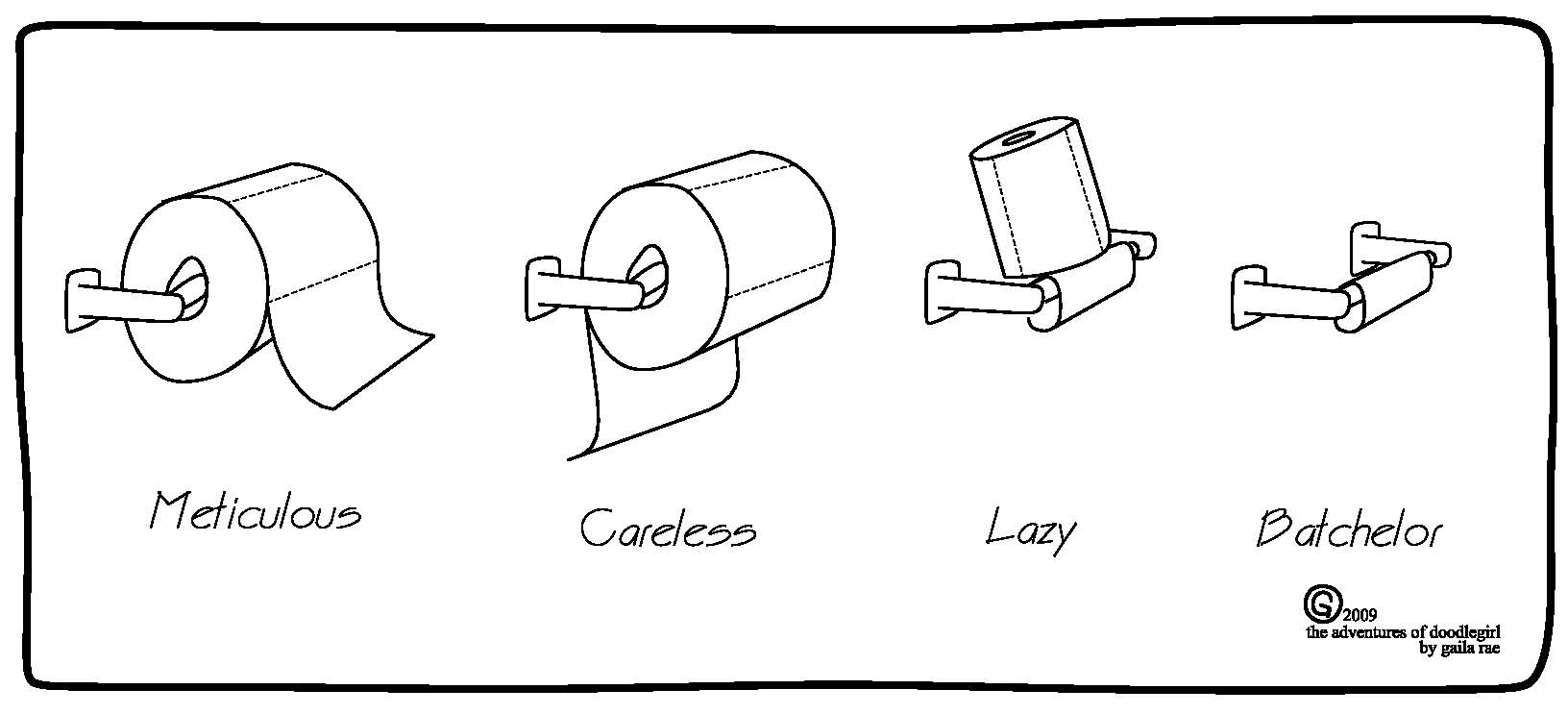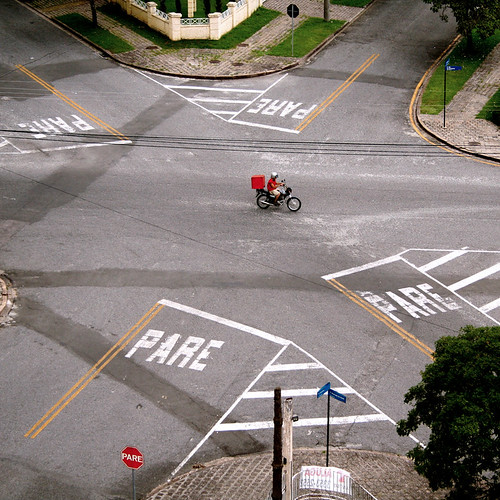 |
| flickr | Graela "Bathroom Personality Assessment - Part 2" http://www.flickr.com/photos/9441263@N04/3984047524/ |
From Andrew Gelman, Statistical Modeling, Causal Inference, and Social Science, December 29, 2010 9:10 AM
Comments to "Brain Structure and the Big Five"Sanjay Srivastava | December 29, 2010 10:36 AM
Walter Mischel's famous critique predated the Big Five. His critique was of the concept of a personality trait more broadly. If you ask around at Mischel's home department they'll probably tell you that Mischel won the argument, but that's not the mainstream view among personality psychologists elsewhere. In fact, I don't think there's a single mainstream view on traits or the Big Five, but I'd guess that many personality psychologists would endorse, at a minimum, "useful enough until a better model comes along." Some might go a lot farther. (Some of my own views on the Big Five are in this paper, if you're curious.)Russell Almond | December 29, 2010 11:15 AM
A quick comment about the Big-5. A couple of years ago, I did some consulting with a psychologist who was developing new personality measures. The standard practice for validating the new measure was to give it as part of a battery to a sample of the target population, along with the Big 5, and other known measure that were similar to the target. I got the impression that it wasn't that the Big 5 were thought of as the answer to everything, but that it was a starting point that most people in the field understood. The burden of proof was to show that your proposed measures was something other than a composite of the 5 factors in the Big 5.My comments: trying to get a fix on the Big Five. George E. P. Box: "All models are wrong, some models are useful"
































